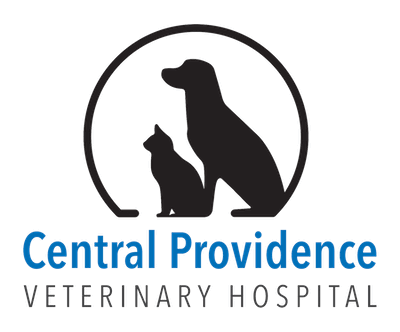What to Know About Anesthesia for Your Cat
What is anesthesia, and why can it be necessary for my cat?
Anesthesia is a medically induced state of loss of consciousness and sensation. We utilize it for procedures that we can't perform with your pet awake.
What types of procedures typically require anesthesia for my cats?
When your pet is younger, the most common procedures requiring anesthesia are spays and neuters. As your pet gets older, we may need to use it for removing a foreign body if your cat eats something or for mass removals, dental procedures, and similar situations.
Is anesthesia safe for my cats?
For the majority of our patients, yes, anesthesia is safe. There are risks involved, just like with any procedure, so we ensure we perform diagnostics prior and closely monitor your pet.
How is the appropriate type and dosage of anesthesia determined for my cat?
Your pet's drug protocol is created before the procedure day. We consider who your pet is, any underlying conditions such as heart or kidney disease, and the procedure's pain level. All of this helps formulate your cat's plan.
What are the risks and potential long-term side effects of anesthesia in cats?
For most of our patients, anesthesia is a safe and well-tolerated procedure, but there are always risks. Your cat can have an allergic reaction to one of the medications, ranging from mild to serious. We do our best to know of any underlying medical concerns like heart disease, yet some risks remain, such as clot formations or cardiac arrest. These complications are very rare, but it's a serious procedure requiring continuous monitoring.
How should I prepare my cat for anesthesia?
Your cat needs to be fasted the night before to ensure their stomach is empty while under anesthesia. They should arrive early in the morning for us to start working right away.
What happens to my cat during the anesthesia process?
On the morning of the procedure, your cat will receive a new physical exam to check for any new underlying conditions. We place an IV catheter for direct access to your cat's bloodstream for any medications needed. Some cats require a little sedation beforehand to facilitate the process.
Once ready, your cat will be induced, and an endotracheal tube will be placed into the windpipe to deliver gas inhalant and fresh oxygen throughout the procedure.
How long does it take for a cat to recover from anesthesia?
Your cat will begin the recovery process as soon as the gas inhalant is turned off. They should start to wake up within a few minutes. Initially, they may be disoriented, so they need a quiet, warm area to fully recover. They are usually a bit off that night and sleepy, but they typically return to normal the next day.
What should I expect after my cat wakes up from anesthesia?
When your pet comes home, they will likely be quite groggy. I recommend keeping them in a warm, quiet area away from noise but still close enough to be around you during recovery.
You can offer water and half their normal meal. If they don't eat or drink, that's okay. They should be back to normal the next day.
What signs of complications should I watch for after my cat has been under anesthesia?
Watch for anything out of the ordinary besides increased vocalization and sleepiness. Vomiting, diarrhea, or changes in breathing rate or pattern are concerns. If your cat is excessively tired and unable to stay awake when they normally would, that's a concern and should be addressed.
How can I help my cat recover quickly and comfortably after anesthesia?
It's important to give them time in a safe, warm place away from chaotic noises or activity, but also close enough for comfort.
What should I do if my cat refuses to eat or drink after anesthesia?
If they refuse food and water the night of anesthesia, that's okay. We often give anti-nausea or other medications to prevent nausea, but it can still occur. We also provide fluids during the procedure, so they may not be thirsty. They should return to normal the next day. If not, please contact your vet, as it could indicate something else is occurring.
Are there specific concerns for senior or high-risk cats regarding anesthesia?
We ensure we understand your pet's metabolic health through comprehensive exams and lab work. Older pets are more likely to have underlying disease processes that need consideration and monitoring. Despite thorough checks, there's always a risk of an undetected disease process. This is part of the risk associated with anesthesia.
If you have questions, we would love to answer them for you. Please give us a call at the office at (704) 318-2228, or you can email us at [email protected]. Our staff would love to talk with you!
Don't forget to follow us on social media Facebook, Instagram.
